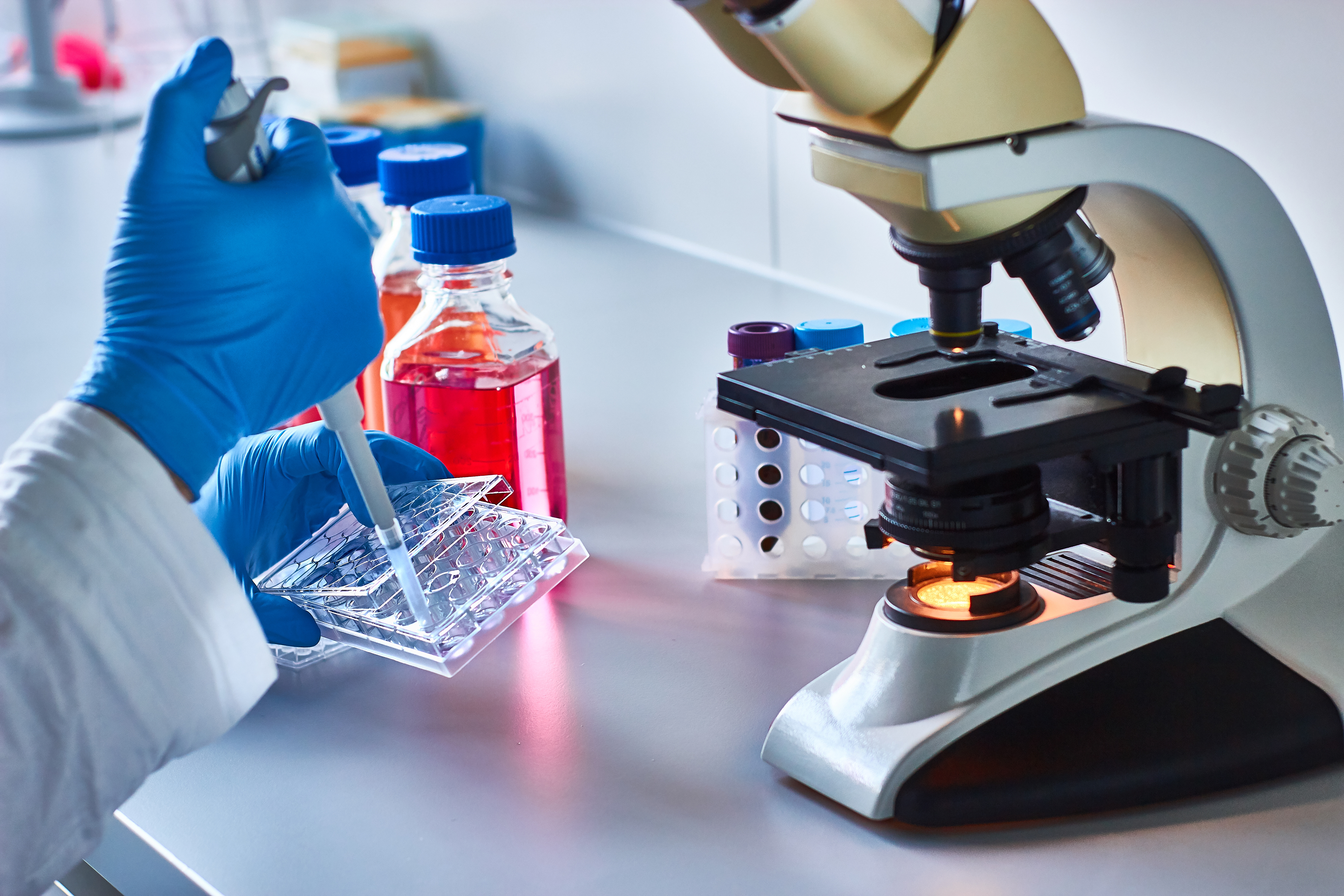The Arqus Research Initiative has set itself the goal of supporting long-term joint research activities between the Arqus universities. And this was very well received: 60 research projects were submitted. Four projects have now been selected for funding as part of the Arqus Research Initiative.
"Improving confidence in future projections of Atlantic circulation"
Lead: University of Padua; partner institutions: University of Maynooth, University of Graz
This project brings together climate scientists, oceanographers and theoretical physicists from Padua, Maynooth and Graz to better understand and predict changes in the Atlantic Meridional Overturning Circulation (AMOC), a key component of global climate regulation. The project aims to reduce uncertainty in climate model projections by integrating observational data, machine learning and theoretical frameworks. Activities include workshops and research coordination towards larger future proposals.
Score: 94.99
"BrainStimPredict: A cross-disciplinary approach to Brain Response Prediction"
Lead: University of Padua; Partner institutions: University of Granada, University of Minho
BrainStimPredict aims to develop an innovative computational pipeline to predict how the brain responds to stimulation, combining neuroscience, control theory and data science. With contributions from Padua, Granada and Minho, the project will train six early-career scientists through collaborative research, mobility and validation of models using high-resolution neuroimaging data. It supports digital transformation and clinical translation in mental health by providing open-source tools for precision therapies.
Score: 89.50
"Assessment of floral organ photosynthesis with novel mutant collections"
Lead: Maynooth University; Partner institutions: University of Lyon 1, University of Padua
This project investigates the often overlooked ability of floral organs to photosynthesise and their importance in different plant species. A comparative physiological analysis will reveal how photosynthesis in the flower contributes to reproductive efficiency and evolutionary adaptation, potentially providing information for ecological and agricultural strategies. The project will strengthen collaboration and train young scientists in plant biology and comparative ecology.
Score: 88.50
"The effect of erosion on archaeological sites in the UNESCO Global Geopark Granada"
Lead: University of Leipzig; Partner institutions: University of Granada, University of Padua
This project addresses the increasing threat of erosion to archaeological sites by combining geosciences, archaeology and cultural heritage research. The aim is to understand erosion processes and their impact on cultural heritage in different regions in order to ultimately develop better conservation strategies. Activities include field studies, PhD workshops and interdisciplinary training to help protect endangered archaeological heritage in a changing environment.
Score: 87.50
